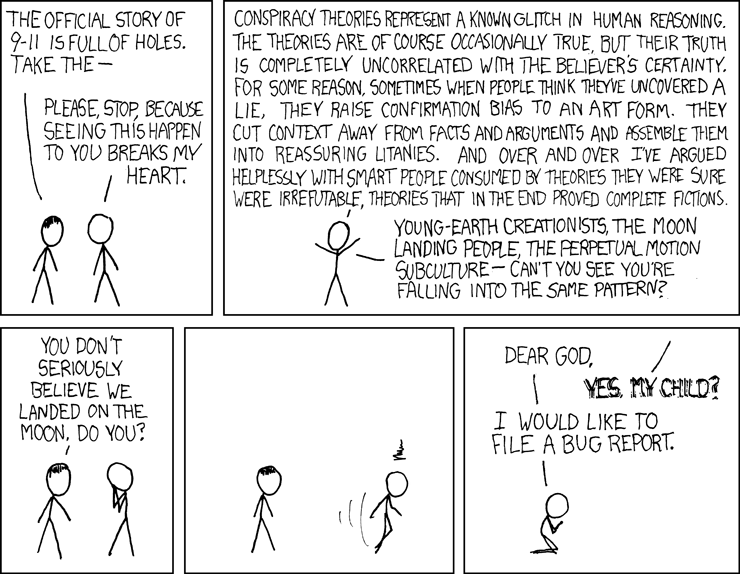
I was discouraged, hearing Trump repeat the bogus conspiracy theory that George Soros is behind the demonstrations against his Supreme Court nominee, claiming that all of those women storming Congress were paid “crisis actors,” that Trump is channeling Info Wars from the White House. Discouraged, but only with a vestige of shock. His behavior is numbing (intentionally).
I was a bit shocked, though, when that ridiculous and inflammatory claim was picked up by Republicans who could have simply touted their success at confirming a controversial justice, but instead are stooping to absurd false narratives to turn up the heat for their already-inflamed base. I was genuinely shocked this morning, when the same claim popped up on my local television station in an attack ad against the Democratic party candidate in my swing district. I guess I shouldn’t be. The Republican party knows they can’t top Trump, and their best chance is to act like Trump and suppress enough vote to keep their majority. So sure, parrot the line that all opposition is paid for and isn’t genuine even if that means there is no actual debate about issues anymore, just accusations that the people, like the press, are fake.
I remember civil rights activists being discredited as “outside agitators” and protesters against the Vietnam war being called Commies. This seems to be going a step further. The opposition is not real. Dissent is staged and paid for by evil Jewish financiers. This is not an anti-Semitic dog whistle, it’s a siren, and it’s blaring in Europe, Russia, Brazil, and China. It’s showing up in vile neo-Nazi flyers on college campuses. If someone looks or thinks differently than you, don’t trust those people. At his many rallies, Trump has been parroting extremist political memes about the left as an ungovernable, illegitimate mob. The president is essentially declaring those who are not with him – the majority of Americans – the enemy.
The present moment, these folks argue, is not complex or contentious, it’s beautifully simple: it’s all a plot against us, and anyone who opposes us is the enemy of “real” Americans. Simplicity is comforting. It’s also dangerously delusional.
When the Tea Party began storming public places and yelling at politicians, opponents often blamed Koch Brothers funding. They did pour money into the political movement, just as George Soros has poured money into his Open Society Foundation and various political causes he believes in, just as oceans of dark money sloshes around so much of our politics thanks to new rules that allow political representation to be purchased in secret. But I don’t remember anyone claiming the people at the Tea Party protests were actors, that they the Koch brothers personally employed all of those people to protest, that they were expressing no authentic grievance. News organizations wrote story after story trying to help everyone understand them. That was then. Once you have succeeded in persuading people the press is the enemy, that elections are rigged, that climate change and sexual assault are hoaxes, that the only truth comes from your leader, you can get away with saying pretty much anything.
I’m discouraged that the message that enemies in the press are fair game seems to be enabling the murder and disappearances of journalists. I’m discouraged by a a new report from the Knight Foundation that most of the Twitter accounts that pumped out false conspiracy theories during the 2016 election, for all of Jack Dorsey’s gesturing toward reform, are still actively pumping out disinformation. I’m annoyed that the only action Congress seems willing to take against the social media and search platforms that were manipulated in the last election is to accuse them of being biased against conservatives and demand they amplify conservative voices. (In the past, this has not ended well – prepare for more junk “news” to show up in your feeds.)
What’s odd is that I don’t think young folks buy any of this. Students I talk to are skeptics – sometimes to an unhealthy degree, having trouble believing anything, but more often willing to dig deeper and compare sources, at least if it’s something they care about. (A new report from Project Information Literacy due out next week will provide national findings of a study of these issues – a welcome addition to their many fine studies.) From my admittedly limited perspective, students seem to be paying attention to the daily news to a greater degree than ten or twenty years ago. Of course it’s finding them in new ways – in years past they weren’t inclined to turn on the evening news, but now cable news stories are beckoning when they go to YouTube; reading a newspaper may not have been part of their daily schedule, but links to stories are likely to show up on their phone as they check in with family. But they seem genuinely engaged, and I have hope this generation is onto the emotional manipulation being used by the conspiracy theorists, that they are willing to question authority but also value it when it’s warranted.
Otherwise, it’s just too damned depressing.
Reposted from Inside Higher Ed; comic by xkcd.